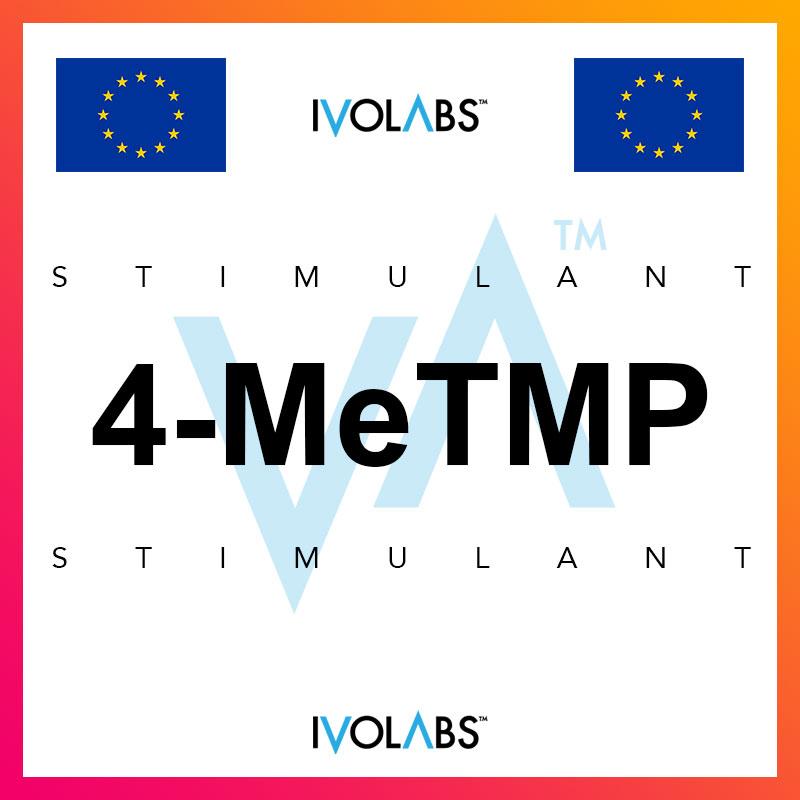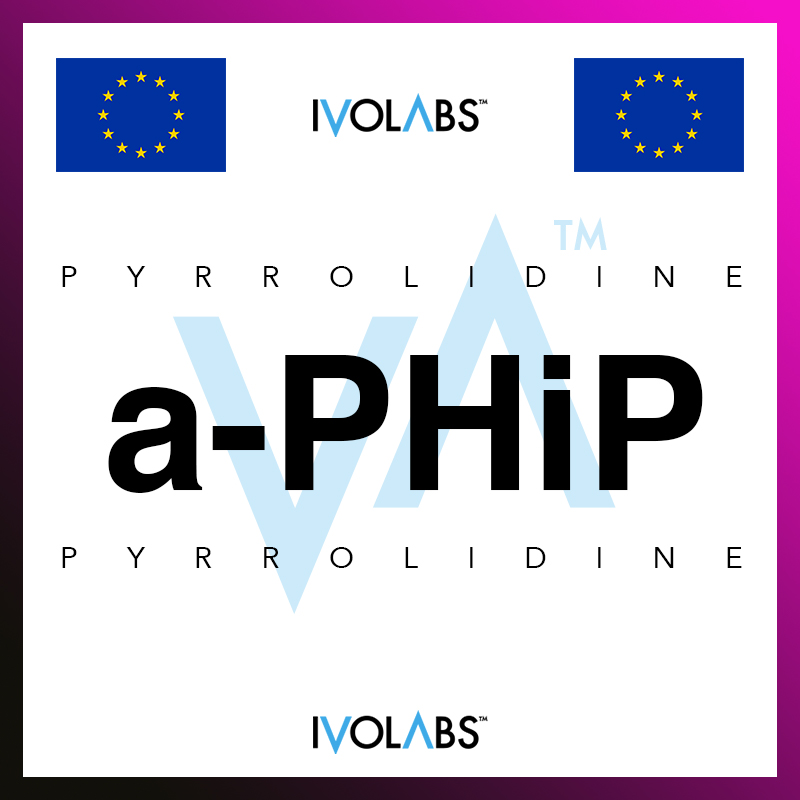4-Methylmethylphenidate (4-MeTMP) is a synthetic stimulant belonging to the class of piperidine derivatives, and it is closely related to methylphenidate (Ritalin), a well-known drug prescribed for attention-deficit hyperactivity disorder (ADHD) and narcolepsy. 4-MeTMP is a research chemical with structural and functional similarities to methylphenidate but with a methyl group attached to the 4-position of the phenyl ring. This seemingly small molecular modification can alter the pharmacokinetic and pharmacodynamic properties, potentially resulting in differences in its stimulant effects and duration of action.
4-MeTMP is classified as a norepinephrine-dopamine reuptake inhibitor (NDRI), which means it works by preventing the reuptake of norepinephrine and dopamine in the brain. This leads to an increase in the availability of these neurotransmitters in the synaptic cleft, resulting in enhanced stimulation of their receptors. As a result, 4-MeTMP has effects on cognitive function, alertness, mood, and energy levels, similar to those of methylphenidate and amphetamines. However, due to limited clinical data, the full extent of its effects, risks, and benefits remain largely unexplored.
Pharmacology:
The pharmacology of 4-MeTMP is similar to other stimulants that act as NDRIs. It primarily affects the dopamine transporter (DAT) and the norepinephrine transporter (NET), preventing these neurotransmitters from being taken back into the presynaptic neuron after they are released. This mechanism increases the extracellular concentration of dopamine and norepinephrine, which enhances arousal, focus, and energy.
Dopamine is the neurotransmitter responsible for reward, pleasure, and motivation, while norepinephrine is associated with arousal, focus, and the fight-or-flight response. By inhibiting the reuptake of these chemicals, 4-MeTMP promotes increased wakefulness, sustained attention, and reduced fatigue. However, excessive dopaminergic activity can lead to side effects such as euphoria, restlessness, anxiety, or, in some cases, paranoia or agitation.
Effects:
The effects of 4-MeTMP are reported to be similar to those of methylphenidate, with users describing a range of stimulant-related effects, including:
- Increased Focus and Attention: 4-MeTMP can improve concentration and attentiveness, making it potentially useful for tasks that require sustained mental effort.
- Enhanced Wakefulness and Alertness: Like other stimulants, 4-MeTMP combats fatigue and increases energy levels, allowing users to remain awake and alert for extended periods.
- Mood Elevation: Some users experience a mild euphoria or improvement in mood, although this effect is typically less pronounced compared to more potent stimulants like amphetamines.
- Appetite Suppression: As with many stimulants, 4-MeTMP may suppress appetite, which can lead to weight loss or reduced caloric intake during use.
- Physical Stimulation: Increased energy levels may lead to physical restlessness, enhanced motor activity, or a desire to engage in physical tasks.
Dosage and Administration:
Since 4-MeTMP is a research chemical, precise dosage guidelines have not been established. However, users often compare it to methylphenidate when determining an appropriate dose. It is important to note that the potency and duration of 4-MeTMP may differ from methylphenidate, and users should always start with a low dose to assess tolerance and avoid adverse effects.
- Threshold Dose: 5-10 mg
- Common Dose: 10-25 mg
- High Dose: 25-50 mg+
The effects of 4-MeTMP typically last between 3-6 hours, though the duration may vary based on the individual’s metabolism, dosage, and method of administration. Oral ingestion is the most common method, but insufflation (snorting) is also used by some individuals to achieve faster onset.
Side Effects:
As with other stimulants, 4-MeTMP can produce a range of side effects, especially at higher doses or with repeated use. Commonly reported side effects include:
- Increased Heart Rate and Blood Pressure: 4-MeTMP, like other stimulants, can cause an elevation in heart rate and blood pressure, posing risks for individuals with cardiovascular issues.
- Anxiety and Jitters: Some users report feelings of anxiety, nervousness, or jitteriness, particularly at higher doses.
- Insomnia: Due to its stimulating effects, 4-MeTMP can disrupt sleep patterns, leading to difficulty falling asleep or staying asleep, especially if taken later in the day.
- Appetite Suppression: Reduced appetite is a common side effect, which can result in weight loss or nutritional deficiencies if used over an extended period.
- Dry Mouth and Dehydration: Stimulants can cause dry mouth, leading to discomfort and potential dental issues if not managed with proper hydration.
- Headaches and Nausea: Some users report experiencing headaches or nausea, particularly with higher doses or during comedown phases.
Harm Reduction:
Due to the lack of clinical data and the novelty of 4-MeTMP, users should follow harm reduction practices to minimize risks:
- Start with a Low Dose: Start with the lowest possible dose (5-10 mg) to gauge individual sensitivity and avoid potential adverse effects.
- Monitor Vital Signs: Regularly check heart rate and blood pressure, especially for those with pre-existing cardiovascular conditions. If you experience significant increases, discontinue use and consult a healthcare provider.
- Stay Hydrated: Drink plenty of water to counteract dehydration and dry mouth.
- Limit Frequency of Use: Avoid frequent use to prevent the development of tolerance, dependence, or adverse neurological effects.
- Avoid Combining with Other Stimulants: Combining 4-MeTMP with other stimulants, such as amphetamines or caffeine, can increase the risk of overstimulation, anxiety, and cardiovascular strain.
- Use in a Safe Environment: As with all research chemicals, it’s best to use 4-MeTMP in a safe, controlled environment with trusted individuals nearby in case of adverse reactions.
Conclusion:
4-Methylmethylphenidate (4-MeTMP) is a research chemical with stimulant effects similar to those of methylphenidate. It acts as a norepinephrine-dopamine reuptake inhibitor, leading to increased focus, alertness, and energy. However, the lack of research on its long-term effects and safety profile necessitates caution. Individuals interested in using 4-MeTMP should adhere to harm reduction practices, start with low doses, and avoid combining it with other substances to reduce the risk of adverse outcomes.








Reviews
There are no reviews yet.